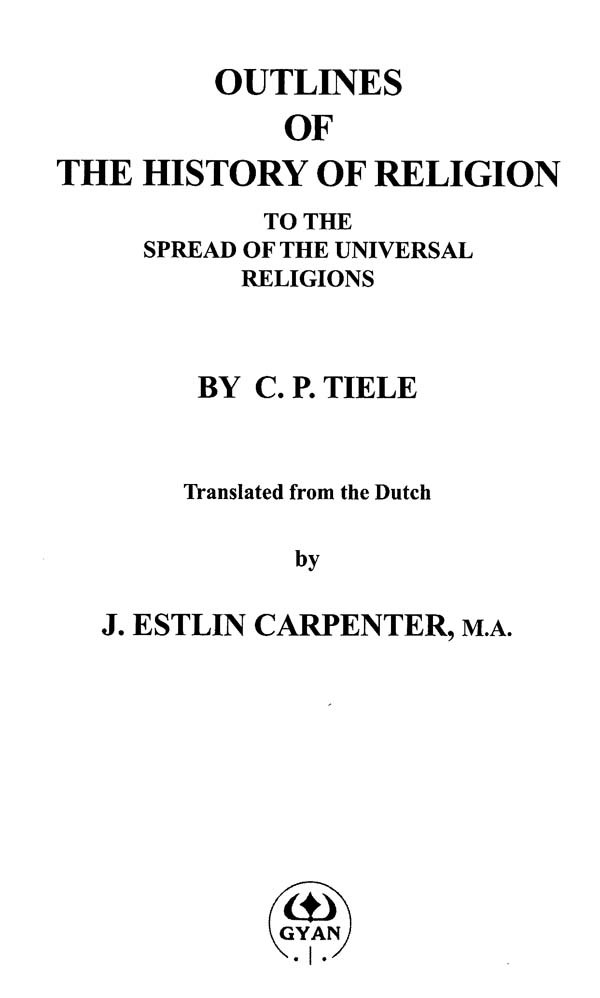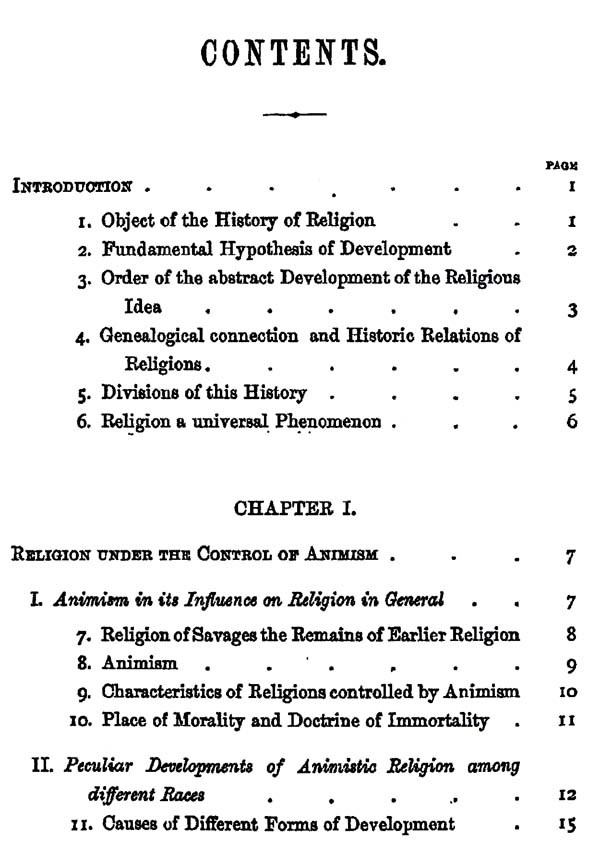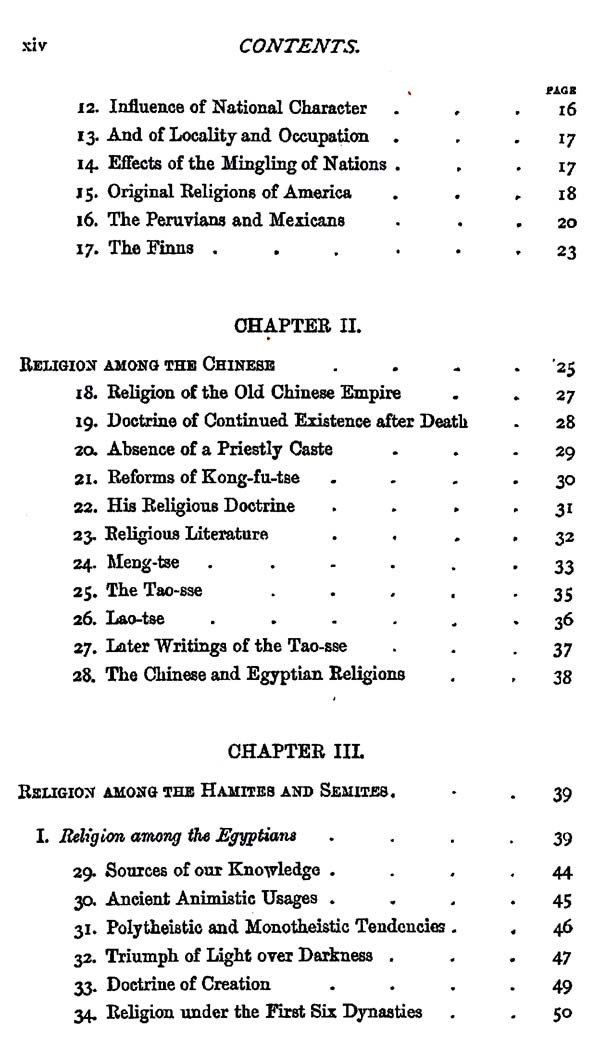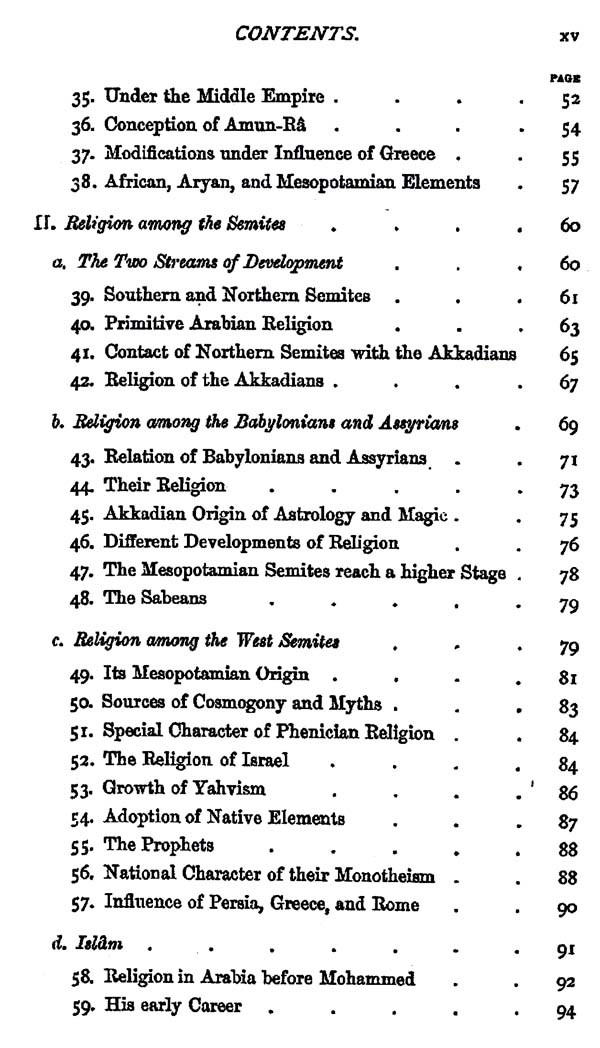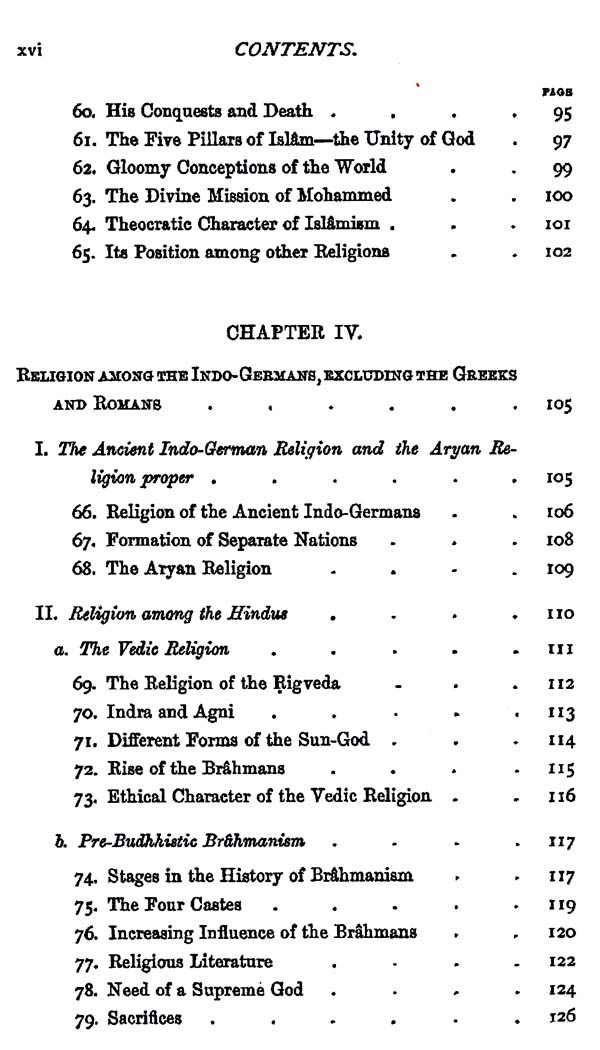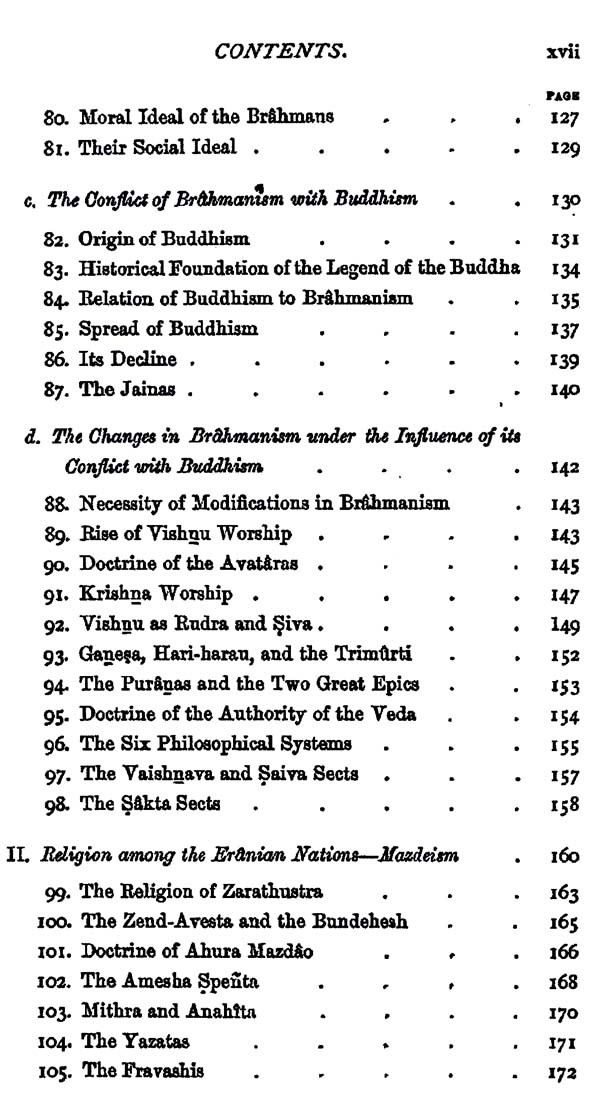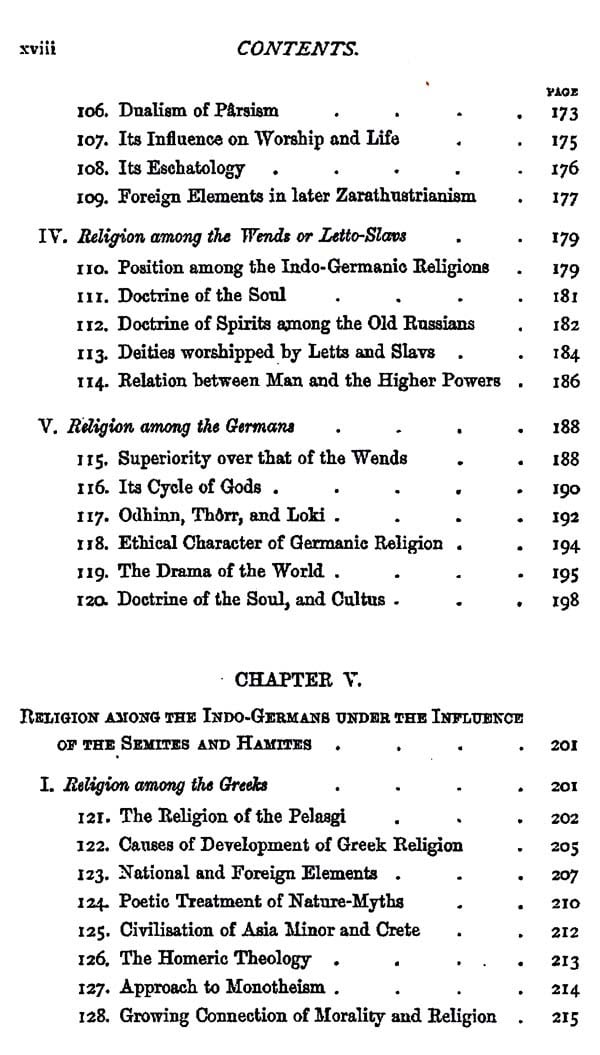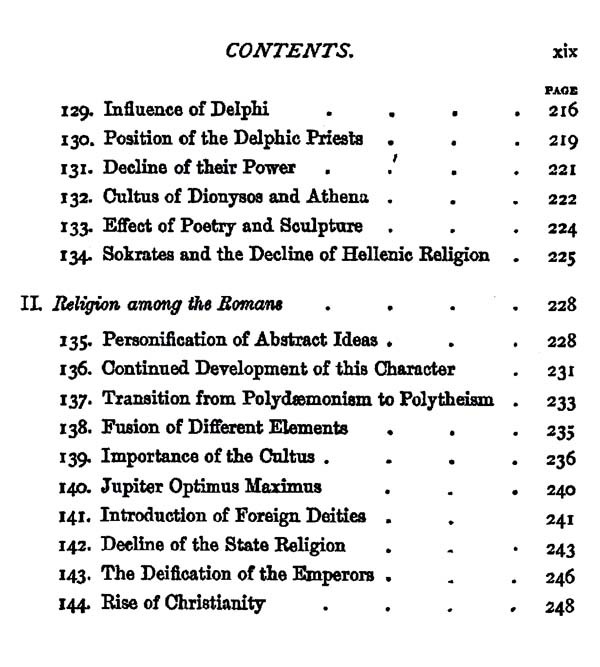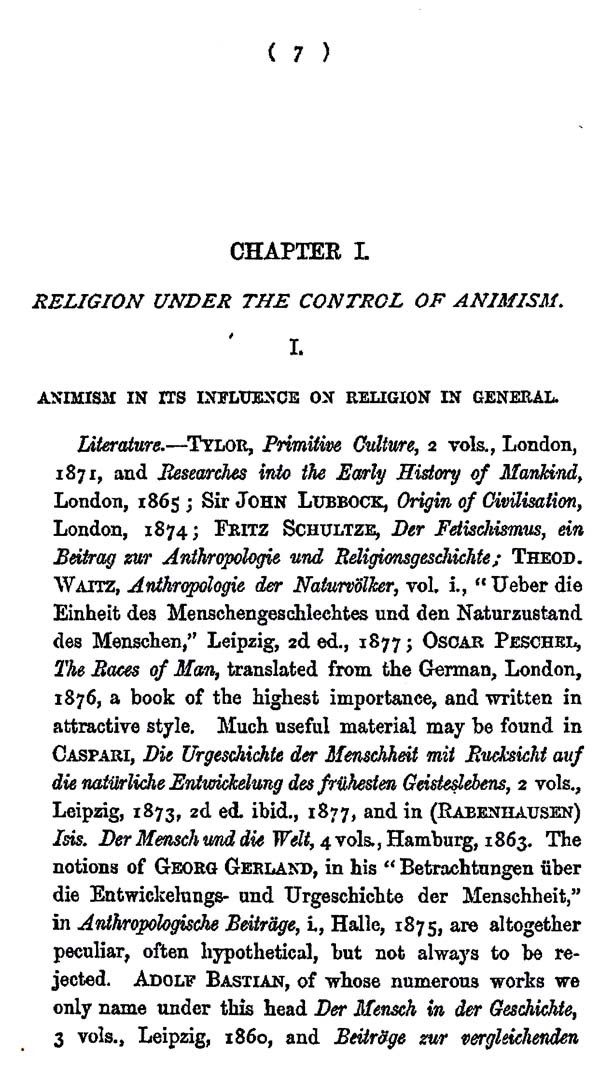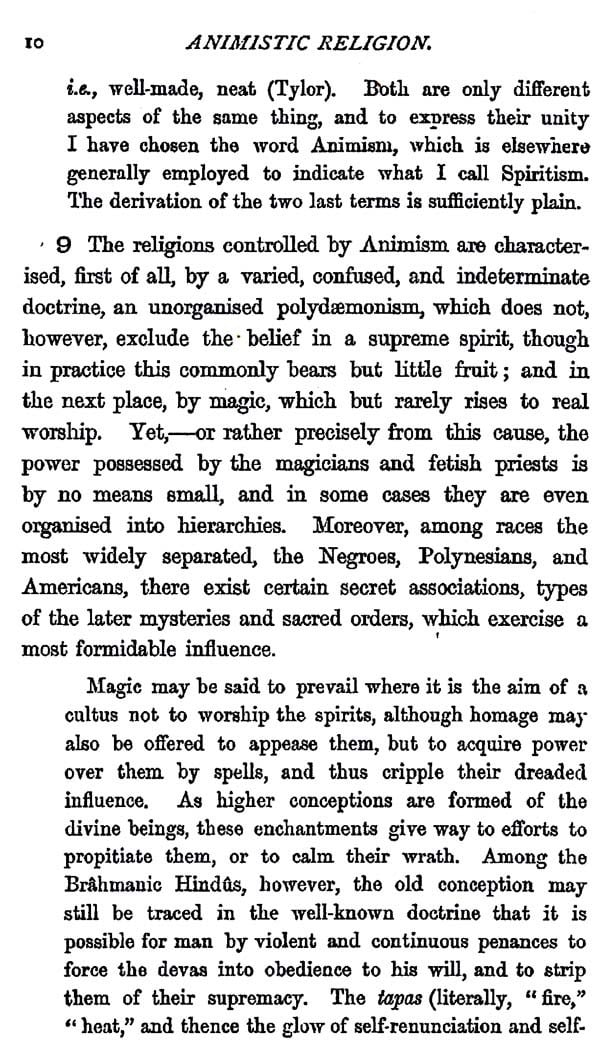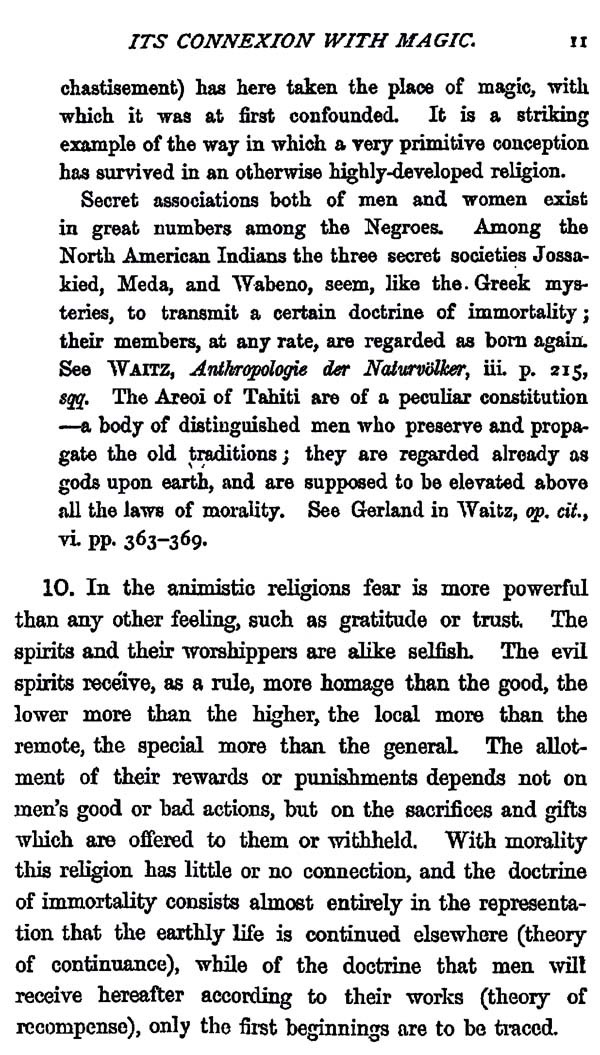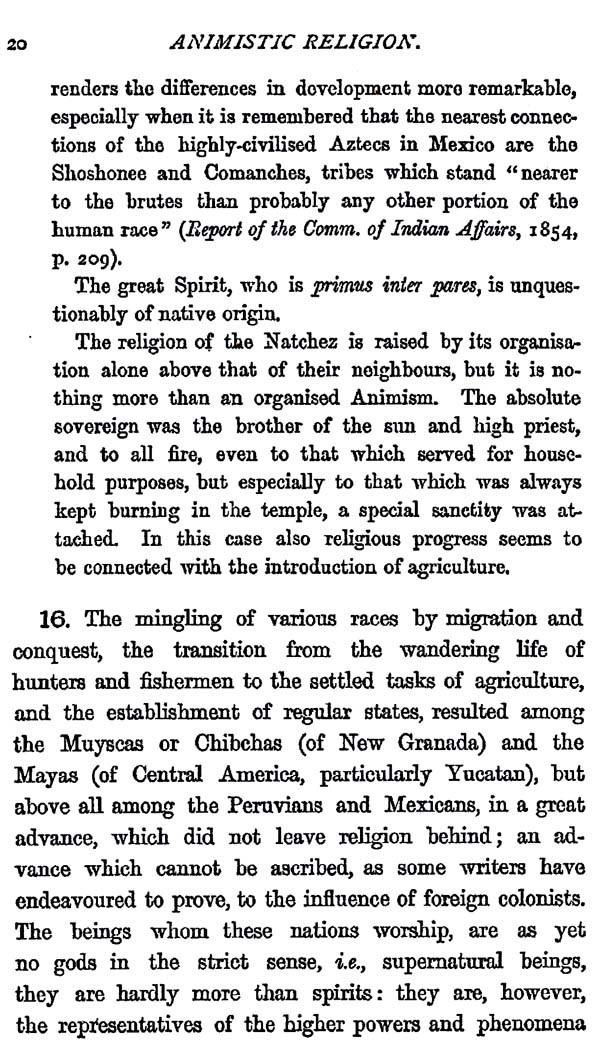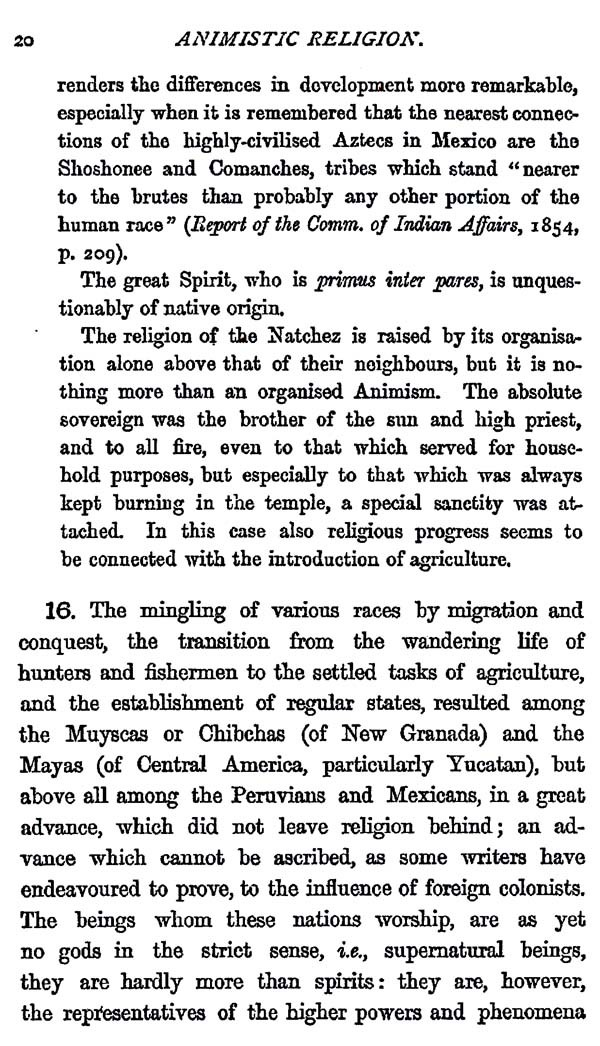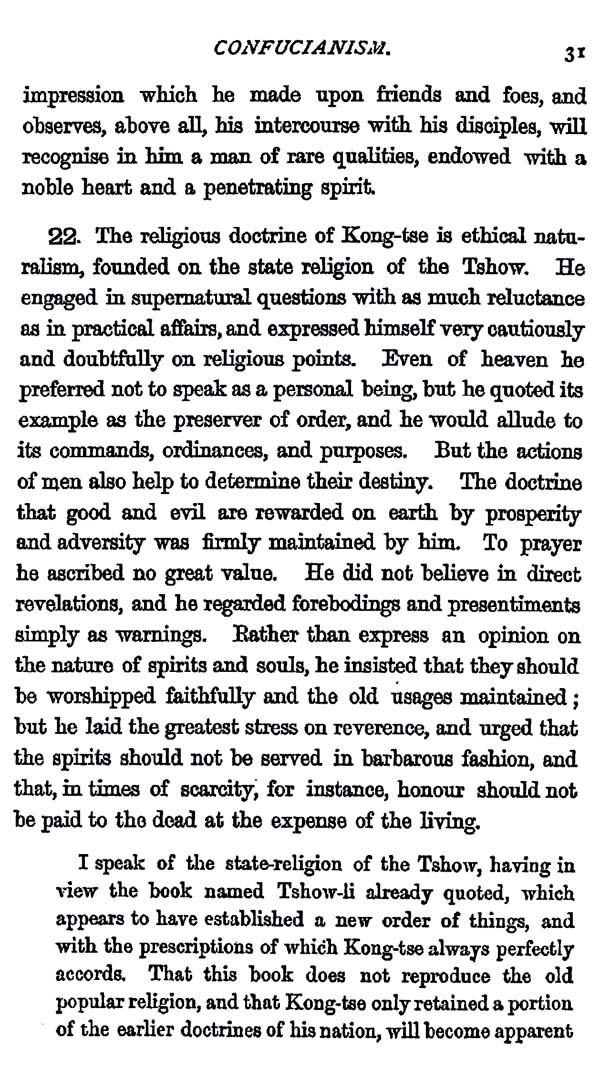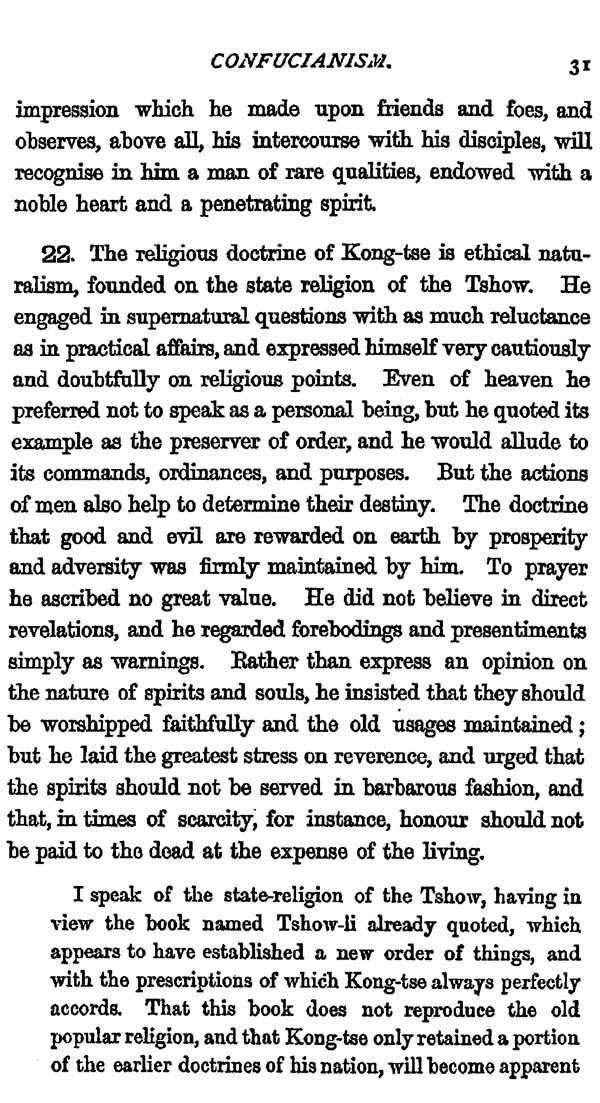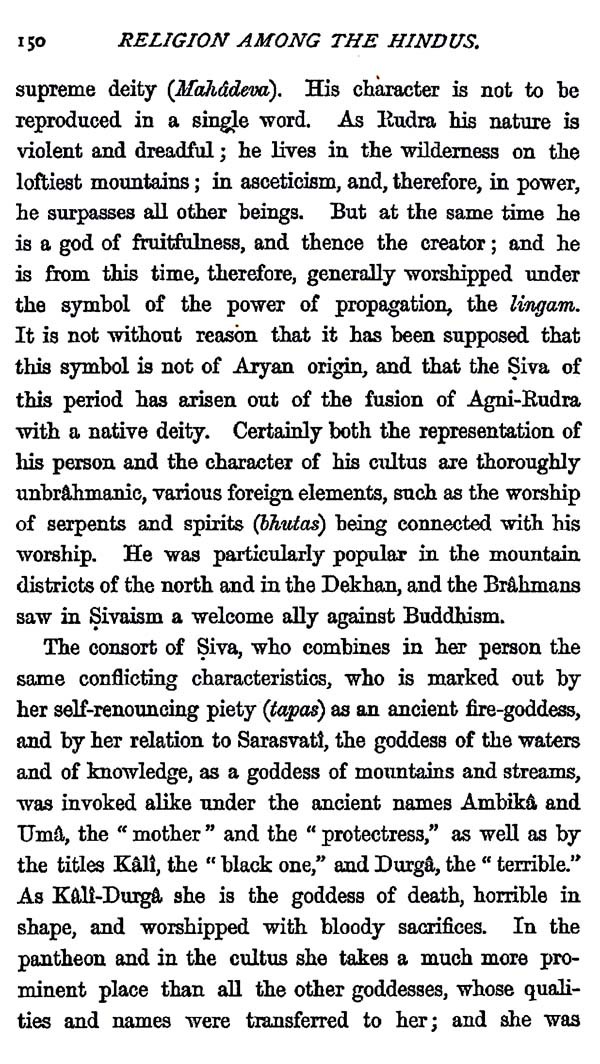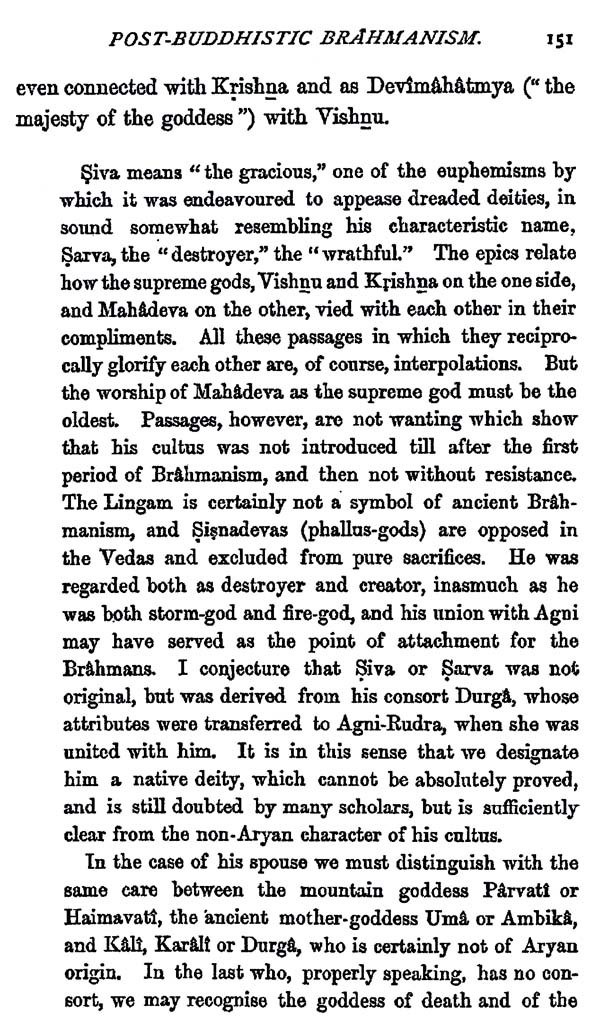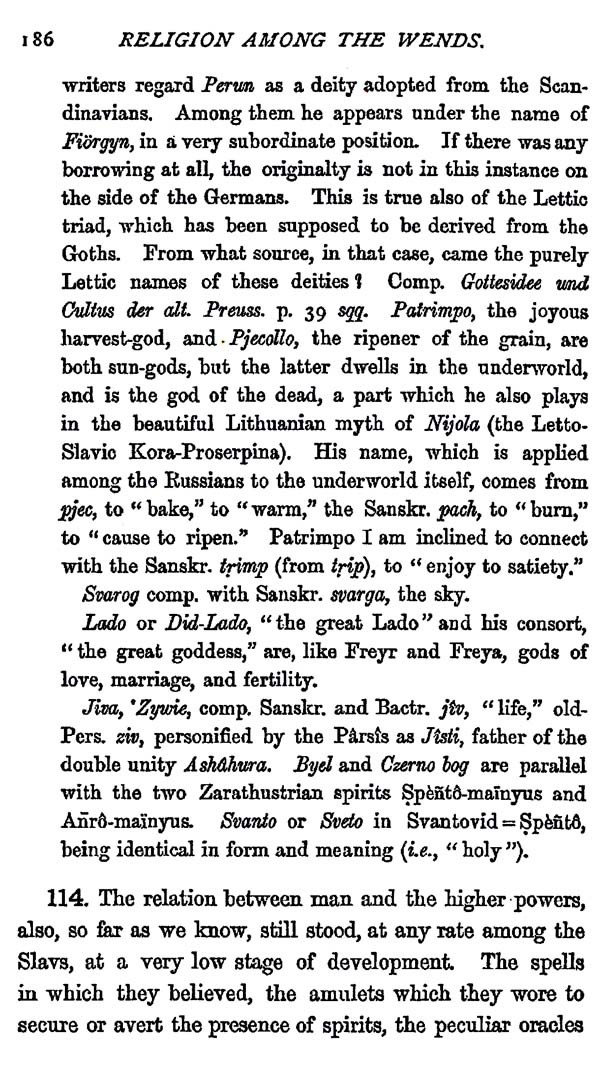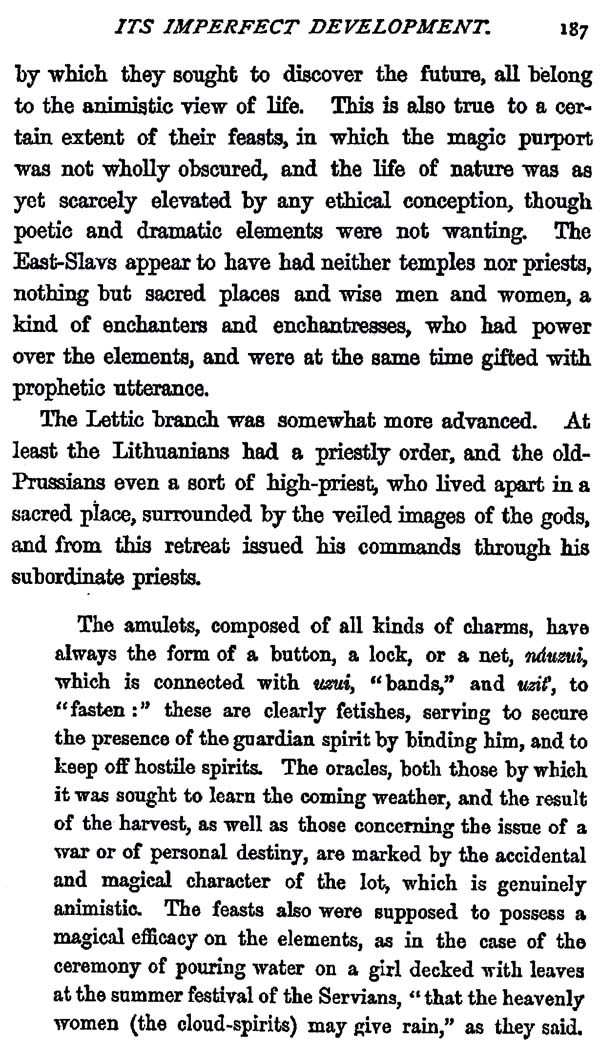About the Book The time for writing an elaborate History of Religion, even of Religions, has not yet come. Not a few special investigations must be instituted, not a few difficult questions elucidated, before anything like this can be done. But it is useful, even necessary, from time to time to sum up the amount of certain knowledge, gathered by the researched of several years, and sketch, be it here and there with an uncertain hand, the draught of what may at some time become a living picture. So I have narrated the History of Religion till the spread of the universal religions, of Buddhism in Eastern, Islam in Western Asia, and of Christianity in the Roman Empire. As Buddhism only reigned supreme in Hindostan and Dekhan now and then for while, and was finally driven out from both parts of the Indian peninsula, with the sole exception of Ceylon.
About the Author Cornelis Petrus Tiele (1830-1902) was a Dutch theologian and scholar of religions. Tiele was born at Leiden. He was educated at Amsterdam, first studying at the Athenaeum Illustre, as the communal high school of the capital was then named, and afterwards at the seminary of the Remonstrant Brotherhood. He was destined for the pastorate in his own brotherhood. After steadily declining for a considerable period. this had increased its influence in the second half of the 19th century by widening the teners of the Dutch Methodists, which had caused many of the liberal clergy among the Lutherans and Calvinists to go over to the Remonstrants. Tiele had liberal religious views himself, which he early enunciated from the pulpit, as Remonstrant pastor of Moordrecht (1853) and ar Rotterdam (1856). Upon the removal of the seminary of the brotherhood from Amsterdam to Leiden in 1873. Tiele was appointed one of its leading professors. Joseph Estlin Carpenter (1844-1927) was an English Unitarian minister, the principal of Manchester College, Oxford. He was an expert in Sanskrit and a pioneer in the study of comparative religion. Carpenter was educated at University College School, London, and the University of London, where he read mental and moral philosophy. He was described in the Encyclopedia Americana as an important "Sanskrit scholar and Biblical critic. He was translated Outlines of the History of Religion to the Spread of the Universal Religion (1888).
Preface WHAT I give in this little book are outlines, pencil- sketches, I might say,-nothing more. In the present state of our knowledge about the ancient religions, this only can be reasonably expected from the students of this branch of science, this only can be attempted with some hope of success. The time for writing an elaborate His- tory of Religion, even of Religions, has not yet come. Not a few special investigations must be instituted, not a few difficult questions elucidated, before anything like this can be done. But it is useful, even necessary, from time to time to sum up the amount of certain knowledge, gathered by the researches of several years, and to sketch, be it here and there with an uncertain hand, the draught of what may at some time become a living picture. This is what I propose to do. The interest of what is called by the unhappy name of Science of Religions, let us say of Hiero-logy, is increasing every day. Now, I think there is great danger that so young a science may lose itself in abstract speculations, based on a few facta and a great many dubi ous or erroneous statements, or not based on any facts at all For the philosopher who wishes to avoid this danger, for the theologian who desires to compare Mosaism and Christianity with the other religions of the world, for the specialist who devotes all his labours and all his time to one single department of this vast science, for him who studies the history of civilisation-none of whom have leisure to go to the sources themselves, even for him who intends to do so, but to whom the way is as yet unknown, a general survey of the whole subject is needed, to serve as a kind of guide or travelling-book on their journey through the immense fairyland of human faith and hope. My book is an attempt to supply what they want. In a short paragraph-style I have written down my conclusione, derived partly from the sources themselves, partly (for no man can be at home everywhere) from the study of what seemed to me the best authorities: and I have added some explanatory remarks and bibliographical notices on the literature of the subject-very short where such notions could easily be found elsewhere, more extensive and as complete as possible where nothing of the kind, so far as I knew, yet existed.
I am the more anxious to state this character of my work as one of my critics (my friend and colleague Dr. H. Oort, in his interesting notice of my work in the Dutch Review de Tydspiegel) seems to have wholly forgotten it.
**Contents and Sample Pages**
